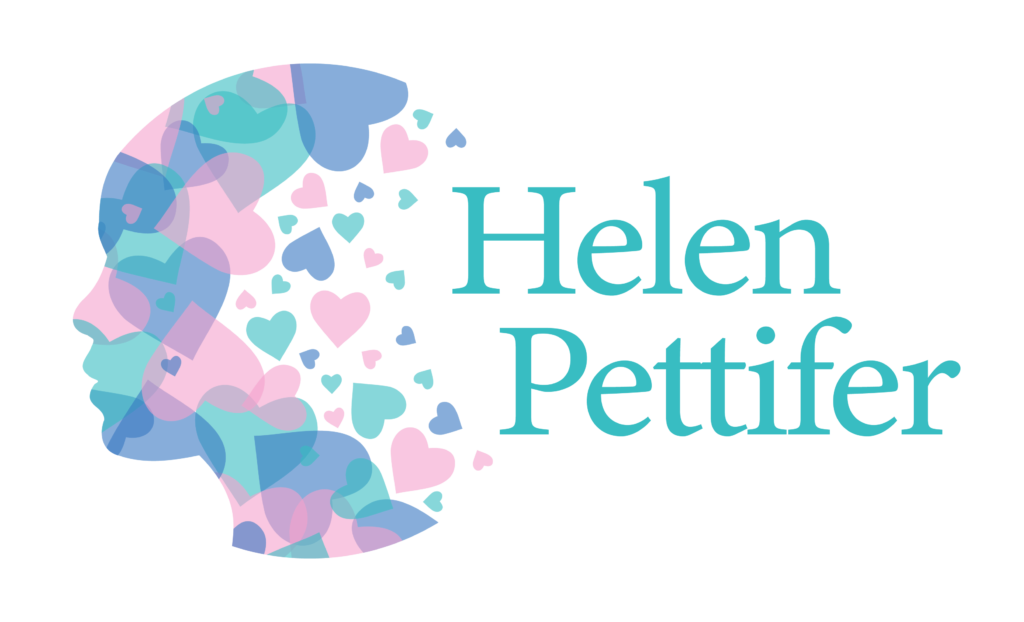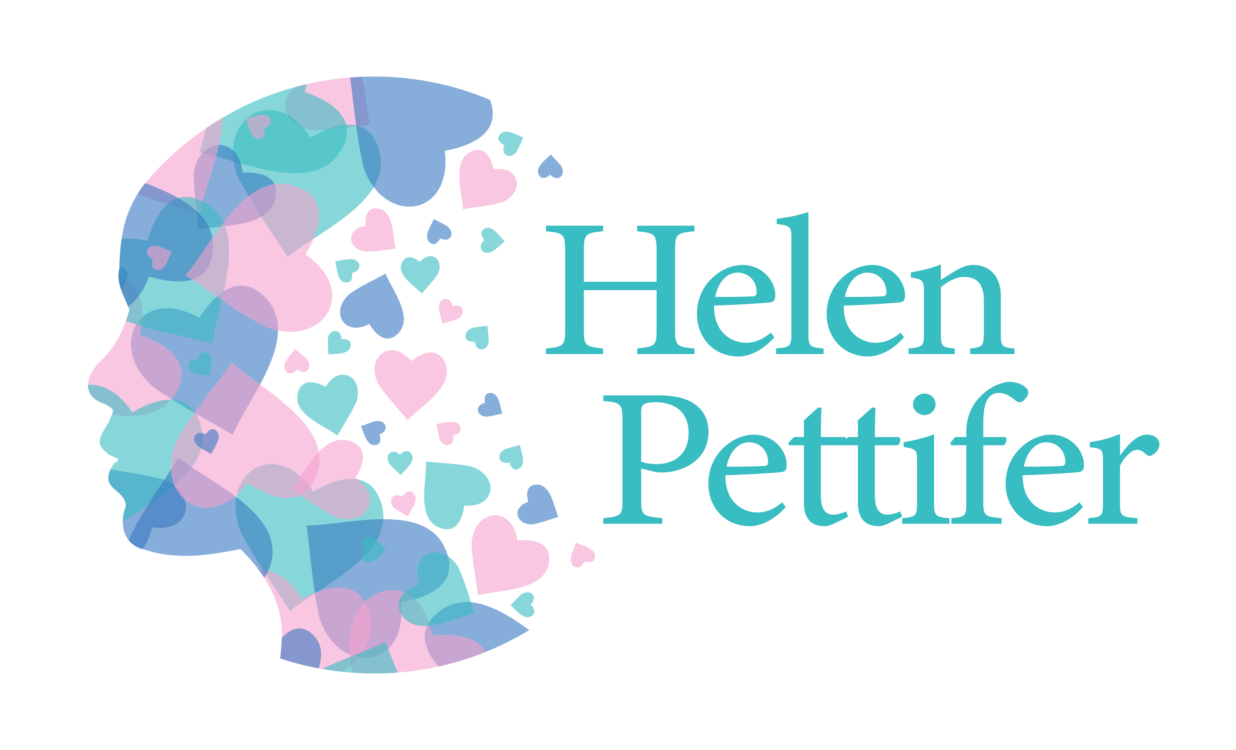Do You Communicate Effectively?
We speak, listen, question and write every day and, with the right techniques, these skills can deepen personal and professional relationships. So, how do we ensure that our communication skills are effective?
Learning to Communicate
We are introduced to communication skills from birth, initially by mimicking those around us. Even in the early days, we pick up on tone, volume and body language to build an understanding of the intent of the words we hear. These are copied to help us get our message across.
In school, we learn the practice of writing and speaking. We are assessed on our ability to repeat information we have heard or read. These are the actions of communication, however, what the curriculum doesn’t teach us is the art of communication.
As a result, we typically enter adulthood and the workplace without an understanding of the best ways to communicate to encourage positive outcomes. Those outcomes include building trust, empowering others, resolving disagreements and encouraging innovation.
Why Listening is Essential
I believe that the most underrated form of communication is listening. We may spend our day in conversation with customers, colleagues and managers. We may hear the words they share and we may be able to repeat those words, but are we listening to understand? Are we openly interested in and curious about what they have to say?
Putting your full focus on listening to someone else is an effective way to validate their opinion and understand their perspective. Unfortunately, this experience happens so infrequently, that it is impactful when someone does listen, is interested and invites you to go on. We remember those occasions when we feel we’ve been heard and we’ve had our say. As such, it is a great way to build trust. It is also the best way to gain knowledge that can challenge your beliefs.
Can We Listen Without Interrupting?
So, when was the last time you let someone talk without interruption?
Is it more common that, part way through the conversation, you have:
- Shared a similar situation that you experienced?
- Offered advice?
- Pointed out that they had used the wrong word or grammar?
- Got distracted?
- Defended your point of view?
- Brought the conversation back to what you wanted to talk about?
- Made excuses to end the conversation?
If we are honest, we are all guilty of these interruptions. We are also all party to listening without giving our attention to what is being said. We hear, but we aren’t engaged in understanding the message.
The Art of Listening
Beyond the action of hearing, the art of listening is a skill. If we learn and practice it, we can make a difference. We can grow from the experience and we can encourage others to thrive in the process.
To understand another’s perspective or help someone through challenging times, you need to put agendas and egos aside. Often referred to as active listening, this isn’t about hearing to repeat, it is a genuine curiosity about what the other person has to say and developing an understanding of the underpinning meaning.
In listening, we need to remember that the other person is the focus of attention and this is not a competition. We don’t need to get our point across and we are not there to judge. Equally, we are not passive, this is a learning opportunity. Timely comments, such as ‘I appreciate you sharing this with me, please go on’ or questions such as ‘How did that impact you?’ show your interest.
When someone feels heard, it is a positive experience. Voicing their opinion enables them to share ideas, process information and feel valued.
Talk to Us
In some cases, listening can save a life. Samaritans’ volunteers provide support to those in crisis by actively listening. They don’t judge, advise or share their experiences, they simply encourage people to share what is on their mind. In many cases, this ability to speak freely and be heard is the first step to turning things around.
Monday 24 July is Samaritans’ Awareness Day, called Talk to Us. It highlights the power of listening and celebrates the thousands of volunteers who are there to listen 24 hours a day.
On this day, I invite you to commit to engaging in a conversation with a colleague or customer where you take full interest in what is said. Explore how their view differs from yours and welcome this insight. Ask questions that encourage them to be open and honest, whilst ensuring they remain the focus. Most importantly, practice the art of listening.
About the author.

Helen Pettifer FRSA.
Helen Pettifer is Director of Helen Pettifer Training Ltd and a specialist in the fair treatment of vulnerable customers.
She has a background in call centre management and is committed to customer service excellence. Her training ensures front-line staff gain the awareness and resources to confidently identify and respond to signs of vulnerability.
Helen Pettifer is a British Standards Institution (BSI) associate consultant for BS 22458: 2022 Consumer Vulnerability, a Mental Health First Aider, a Suicide First Aider, a Dementia Friend, and a Friends Against Scams Champion. Recognised as a changemaker, she was invited to become a Fellow of the Royal Society of Arts in 2022.


